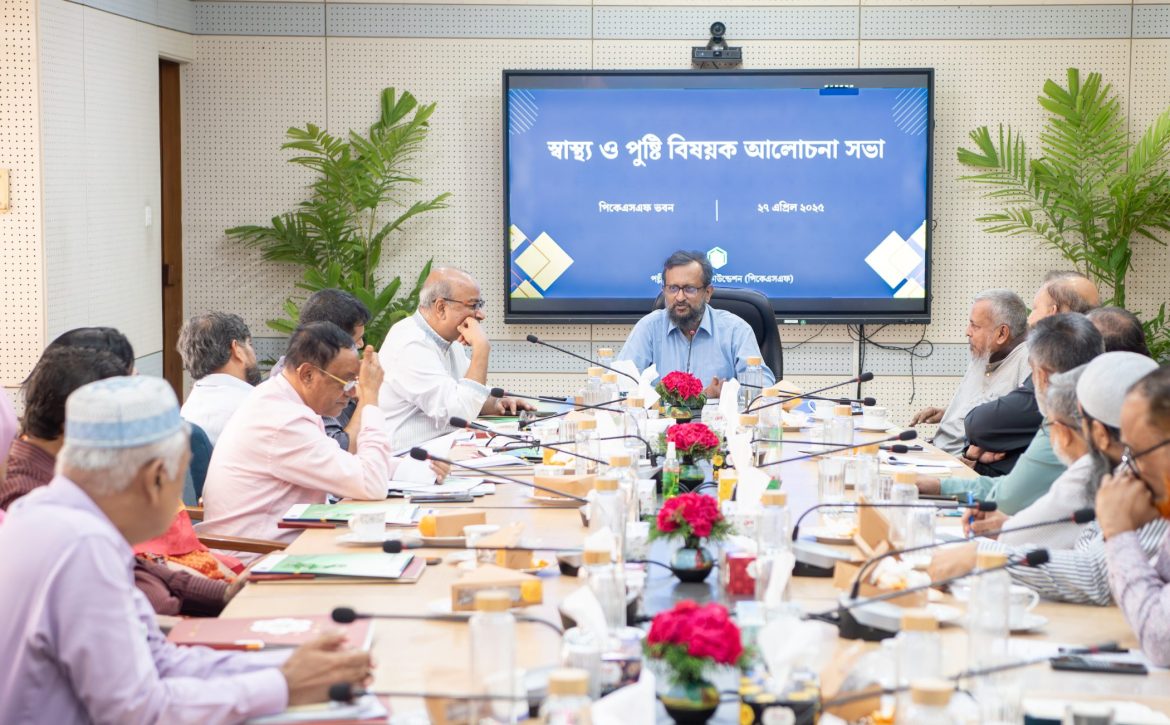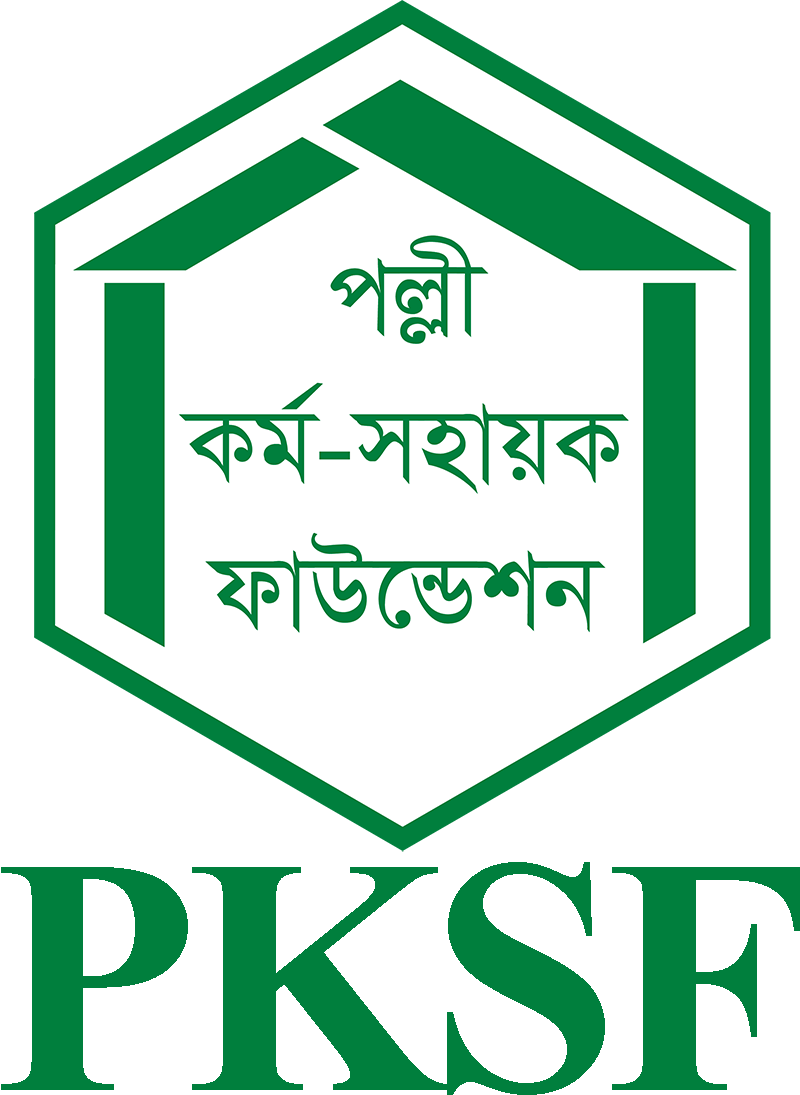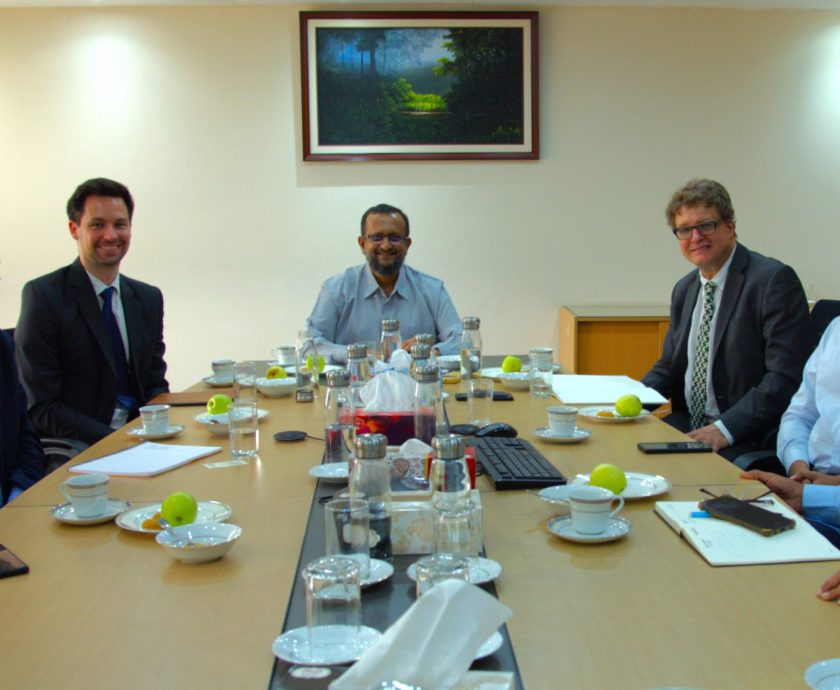‘Effective, sustainable management key to ensuring preventive healthcare’

Public health experts have emphasized on the need for expanding preventive healthcare services to prevent income loss and, thereby, to reduce poverty. They state that effective and sustainable management is crucial to ensure preventive healthcare for all. They also note that the burden of healthcare expenses remains one of the primary hurdles to poverty reduction.
These insights were at a discussion ‘Pathways to Sustainable Health and Nutrition Development’ organized at PKSF Bhaban in the capital on 27 April 2025. The event was attended by national-level public health experts, a Member of the Health Sector Reform Commission, Executive Directors of Partner Organizations, and senior PKSF officials.
PKSF Managing Director Md Fazlul Kader said, “PKSF prioritizes poverty alleviation and post-poverty development through sustainable income growth. But out-of-pocket healthcare expenses is a major cause of income loss. To address this challenge, preventive healthcare services must be expanded nationwide, and PKSF, in light of the vast experiences from its previous programs and projects, has planned to restructure these services.”
Dr Ahmed Ehsanur Rahman, Member of the Health Sector Reform Commission, said, “Healthcare must be a political commitment, recognized as a basic human right, and the government must enact legislation clearly outlining its role in ensuring healthcare for citizens.”
Dr Syed Abdul Hamid, Professor at the Institute of Health Economics, University of Dhaka, said, “Today, even three-year-old children are developing breast cancer, and individuals aged 30-35 are suffering from diabetes; these alarming trends highlight the urgent need for school-based awareness campaigns to build a health-friendly society.”
Dr Md Khairul Islam, Regional Director of WaterAid, said, “Catastrophic illnesses drive poor people poorer, and Bangladesh’s out-of-pocket healthcare expenditure, standing at 73%, remains a significant barrier to poverty alleviation.”
Dr Mohammad Abdus Sabur, President of Ad-din Welfare Centre, said, “A preventive healthcare system can be established by promoting healthy lifestyles, ensuring safe workplaces, and creating environment-friendly housing facilities that will protect us from catastrophic diseases.”
The meeting also highlighted the progress, successes, and challenges of PKSF’s various health and nutrition initiatives. During the open discussion session, participants provided practical, field-driven recommendations to strengthen preventive healthcare initiatives. The event also featured remarks by Dr S K Roy, Chairperson of the Bangladesh Breastfeeding Foundation; Zahida Fizza Kabir, CEO of Sajida Foundation; and Mifta Naim Huda, Executive Director of the Centre for Development Innovation and Practices (CDIP).



